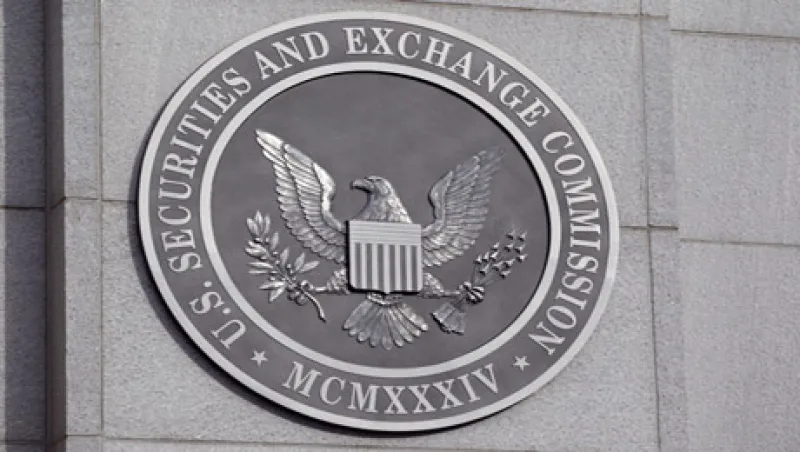
Much Ado About Hedge Fund Revisions
A new study showing hedge fund performance is subject to revision misses the bigger problem.
Stephen Taub
November 14, 2011



